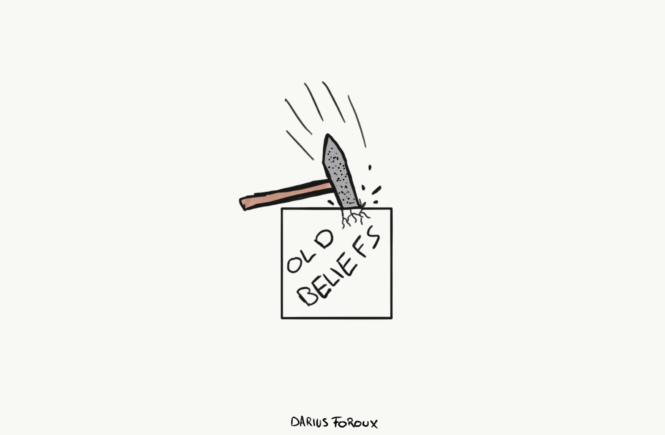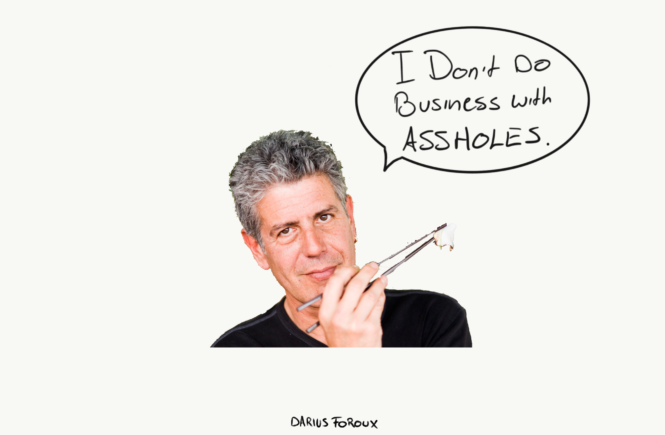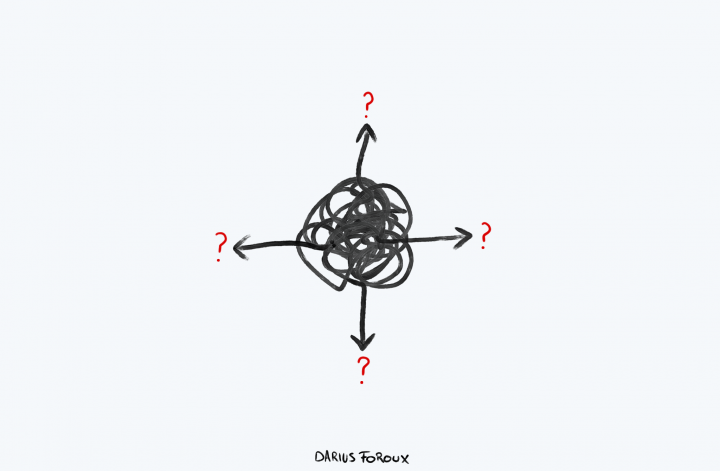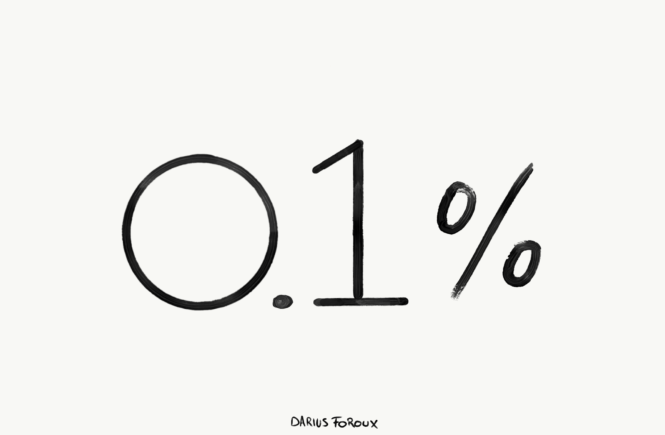Adopting habits with a positive return is one of the most effective self-improvement strategies. That’s why so much advice revolves around changing one’s mind and habits.
However, there’s a downside that gets ignored by every habits-expert. The 17th century English poet, John Dryden said it best:
“We first make our habits, then our habits make us.”
The beauty of this quote is the duality it expresses. You can read that quote and find confirmation that habits are good for you. Once you form a habit, the habit will do the work for you. You no longer have to think about performing an action. Whether it’s working out, writing, being grateful, and so forth.
But that quote also warns us about the potential danger. Think about it. Do you want to lose control over who you are? When your habits make you, you’re no longer the one who’s in control. You will be a slave to your behavior.
You can change anything that you control
Over the years, I’ve learned to accept change as the only constant in life. The only thing I’m 100% confident about (outside of death and taxes) is that things will always change. Nothing stays the same for too long.
So why shouldn’t you change your habits? It doesn’t make sense to form habits and never look back. It doesn’t make sense to adopt a certain way of life and keep it until you die. Sadly, that’s what many of us do.
The only philosophy that comes close to adopting this formless way of living is Pragmatism. A pragmatist looks at what works. Other than that, a pragmatist is agnostic.
I change my mind all the time. In the past, I always thought that was a bad thing. But adopting a fluid mindset gives you more tools to adapt to change. To me, that’s the most important trait of the 21st century. We live in a world where our job can become obsolete tomorrow.
George Bernard Shaw, the Irish playwright and winner of the Nobel prize in literature (1925), said:
“Those who cannot change their minds cannot change anything.”
You can change anything that’s inside your control. But if you can’t change your mind, you can’t change anything about yourself. I remind myself of that all the time.
I often think about whether my habits are serving me or whether they are halting my growth. When I see that certain behaviors, skills, or beliefs are no longer helping me to adapt to today’s world, I shed them in the same way our body sheds dead skin cells.
How I changed my mind about running and writing
A few years ago, I started a daily running habit. It took a while to get used to running every day—mentally and physically. But after a few months, I got in a great routine. I felt stronger every week and had more energy. But after about a year, I started getting small injuries in my ankles and knees. It wasn’t anything significant, but it also didn’t feel right.
As a result, I was in a mental battle all the time. “Should I go for a run? How about my ankle? Will I make it worse?” My daily running habit started to interfere with my daily life.
I was spending too much energy on keeping it alive so I decided to quit and do something else. For the past two years, I’ve been doing regular full-body workouts with weights. I only run once a week. And on the days I don’t work out, I go for a walk or bike ride. My body feels stronger. And my mind clearer.
My second example is about writing. Most writers want to get a publishing deal from a major publisher. That’s considered “making it” by many people. And when I started, I also aimed for that goal because I assumed that’s what you should do.
But the way that we consume content has changed drastically over the past few years. We’re more comfortable with paying for content. And we prefer to consume short, practical, and useful articles. In the past year and a half, I’ve changed my goals and mindset.
I don’t desire a book deal, nor do I need one. As an
A lot has changed in the blogging and writing world. The people who don’t adapt will be left behind. That’s true for all of our careers.
As Shaw said, you must be willing to change your mind if you want to grow. Look at your own life. What habits or beliefs are no longer serving you? Identify them. Then, get rid of them. And finally, replace them with something that will help you.




